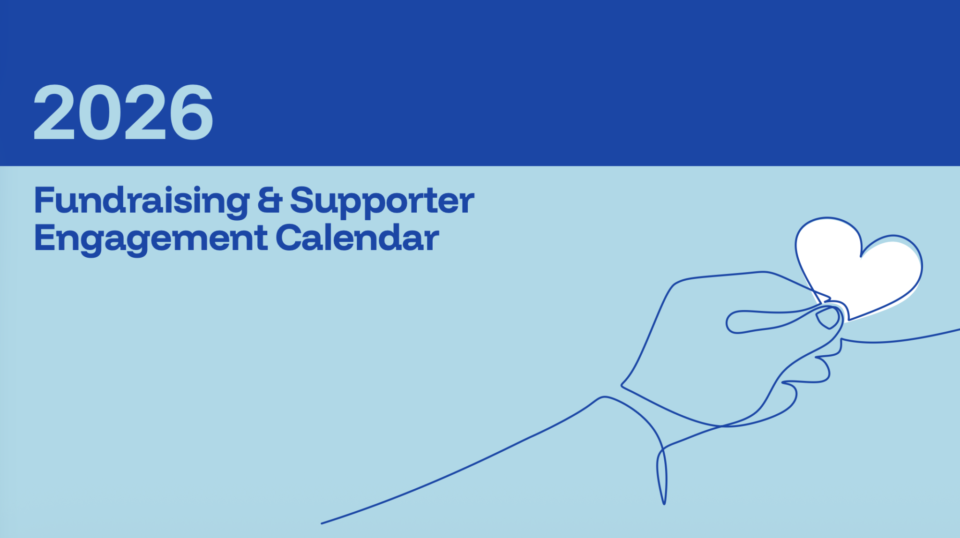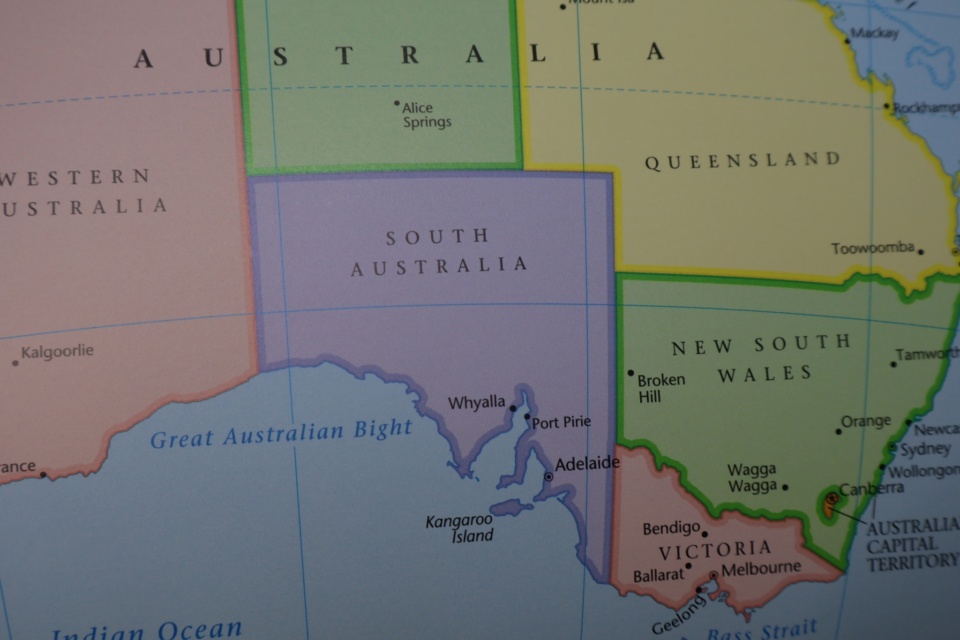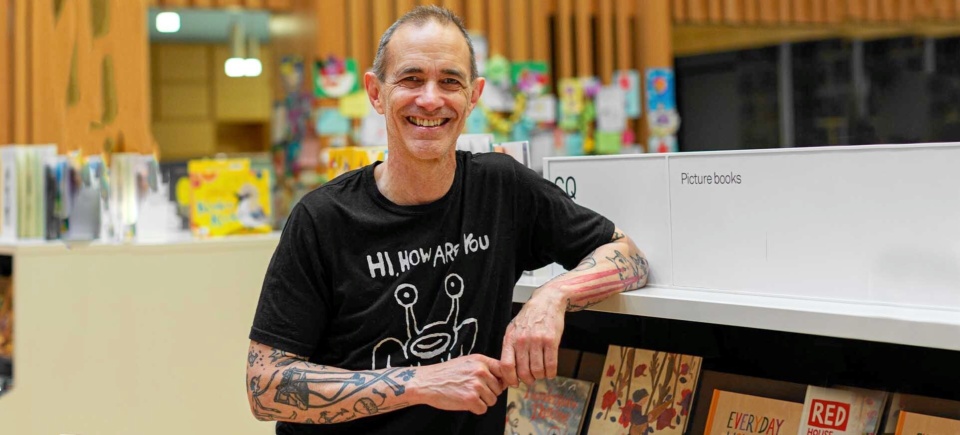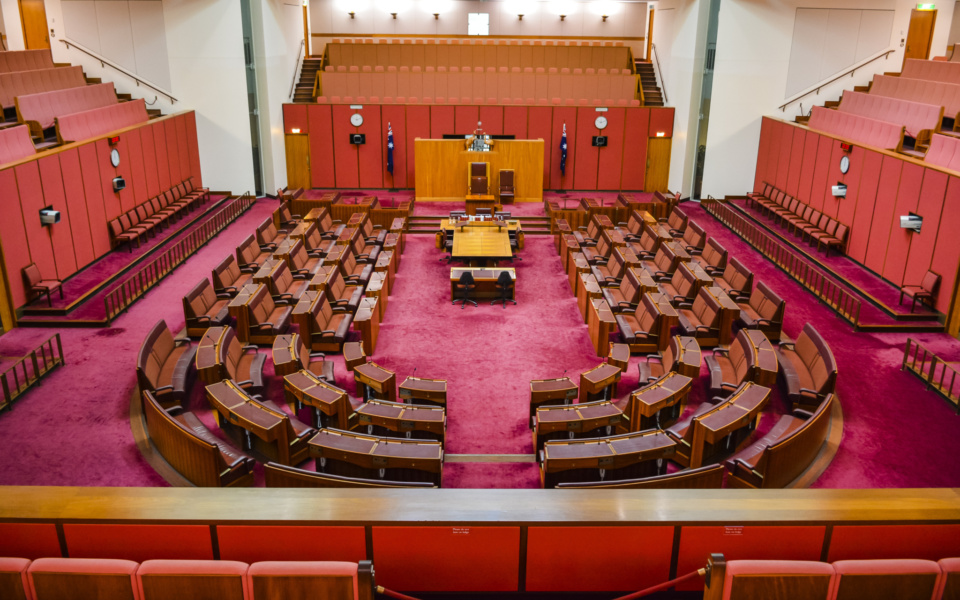
Why Australia’s community organisations need a new governance model
Posted on 25 Feb 2026
Australia’s community organisations are quietly holding society together. From local sporting clubs…
Posted on 01 Aug 2023
By Greg Thom, journalist, Institute of Community Directors Australia

Equality Australia has taken its fight with the Australian Charities and Not-for-profits Commission (ACNC) over the definition of its charitable status to the Federal Court.
The LGBTIQ+ advocacy organisation applied to the ACNC in 2021 to be recognised as a Public Benevolent Institution (PBI) but was rejected by the charities regulator.
A PBI can apply for charity tax concessions and may be eligible to be endorsed as a deductible gift recipient (DGR) by the Australian Taxation Office (ATO).
Equality Australia believes PBI status would reflect the nature of its advocacy work and would also allow it to “streamline" its donations process.
The organisation is currently registered under the charity sub-category “advancing public debate.”
Equality Australia appealed the original ACNC decision to reject its application for PBI status to the Administrative Appeals Tribunal (AAT), which in a split decision ruled in favour of the regulator on June 30.

At the heart of the dispute are questions around whether Equality Australia is entitled to be registered as a PBI organisation for the relief of distress and whether members of the LGBTIQ+ community are persons in need of benevolence.
The ACNC argued in the AAT that the activities of Equality Australia were conducted to achieve changes to laws and government policies that apply to all LGBTIQ+ people.
The regulator said this does not constitute the direct and immediate relief to people suffering poverty, sickness, destitution, helplessness, misfortune or distress which is required for an entity to be a PBI.
The ACNC also believed that Equality Australia’s political advocacy and lobbying activities disqualified it from being a PBI.

Equality Australia legal director Ghassan Kassisieh said the organisation was disappointed with the rejection by the AAT and has appealed to the Federal Court.
“We believe our work, including our advocacy, addressing the disadvantage and discrimination experienced by LGBTI+ people qualify us as a PBI,” said Mr Kassisieh.
He stressed that despite the court battle, it was still business as usual as far as the day to day operations of Equality Australia were concerned.
“This [court appeal] does not change the fact that Equality Australia remains a fully registered and accredited charity, and we continue to perform our important work.”
A spokesperson for the ACNC said the regulator welcomed the AAT decision, which is now published on the Tribunal’s website.
It’s not the first time the ACNC has found itself in a court fight over PBI status.
Anti-poverty campaigner Global Citizen won its Administrative Appeals Tribunal case against the regulator after it was initially denied PBI tax status over its political work.
The ACNC had claimed that Global Citizen should not be a PBI because it did not provide direct aid but instead engaged in lobbying activities.
The AAT ruled it was satisfied Global Citizen’s role in promoting poverty relief was legitimate.
“We believe our work, including our advocacy, addressing the disadvantage and discrimination experienced by LGBTI+ people qualify us as a PBI,”
Emeritus Professor Myles McGregor-Lowndes, a former director of the Australian Centre for Philanthropy and Nonprofit Studies (ACPNS), said the definition of a PBI had become critical as the ACNC reviewed its charities register.
Professor McGregor-Lowndes, who has closely followed the case, said contrary to some of the arguments put to the AAT by counsel for the ACNC, all Tribunal members agreed that:
“The meaning of PBI was first considered by the High Court in 1931, and it has not been considered since cases in 1942, with some oft-cited cases occurring at the height of the Great Depression or war,” said Professor McGregor-Lowndes.
“It is understandable in that context that the Court spoke in terms of benevolence and organisation directly assisting that which arouses ‘pity’ and ‘compassion.’
“[But] those are inappropriate now and have been inappropriate for some decades.”

Professor McGregor-Lowndes described “benevolence” as a concept from a long past age, evoking notions of soup kitchens, saying that in the time of neoliberal marketisation it is now unrecognisable.
“The requirement that those needing its aid should arouse ‘pity and compassion’ is paternalistic and reflects an outdated view of disadvantage and disability,” he said.
“People with disabilities prefer respect from the community and recognition of their equal rights rather than compassion and pity.”
He said the notion of the PBI jarred with the philosophy underlying the flagship Australian disability policy response in the National Disability Insurance Scheme (NDIS).
“Such 1930s notions are no longer a definitional touchstone and, given the trajectory of community thought, will increasingly become irrelevant.”
MORE
ACPNS Legal Case Reports Series: Equality Australia Ltd and Commissioner of the Australian Charities and Not-for-profits Commissioner [2023] AATA 2161

Posted on 25 Feb 2026
Australia’s community organisations are quietly holding society together. From local sporting clubs…

Posted on 25 Feb 2026
Writing communications for donors, stakeholders, regulators and the public can be a relentless task…

Posted on 25 Feb 2026
A Victorian suburb's hot debate about whether trains should live underground or in the sky ended…

Posted on 25 Feb 2026
Three years after the federal government announced that national fundraising principles would be…

Posted on 25 Feb 2026
Author Andy Griffiths has spent 30 years bringing “punk rock” to children’s books, making kids…

Posted on 25 Feb 2026
Senator Dean Smith is back as shadow minister for charities, and he’s told the Community Advocate…

Posted on 18 Feb 2026
Around 50 per cent of all funding for charities in Australia comes from government. The nature of…

Posted on 18 Feb 2026
You wouldn’t try to fix a complex system with one tool. You’d widen the toolkit, improve the…

Posted on 18 Feb 2026
Australia’s champion laundry van charity, Orange Sky, has announced it is ready to expand into…

Posted on 18 Feb 2026
To have any hope of hitting the grand plan of doubling philanthropy by 2030, Australia needs one…

Posted on 18 Feb 2026
When Nyiyaparli woman Jahna Cedar travels to New York next month as part of the Australian…

Posted on 17 Feb 2026
This is the full academic version of Dr Oksana King's thoughts on the need to better compensate and…